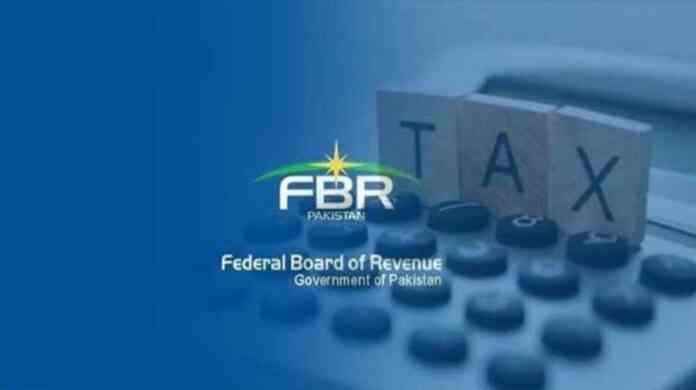Karachi, June 19, 2025 – In a jaw-dropping revelation, the Federal Board of Revenue (FBR) has announced a stunning 200% surge in salary tax collection over the past five years, marking a historic rise in Pakistan’s direct tax landscape.
According to explosive new figures released by the FBR, the collection of tax on salaries under Section 149 of the Income Tax Ordinance, 2001, soared from Rs129.43 billion in fiscal year 2019–20 to a record-breaking Rs391 billion in 2023–24. This dramatic spike underscores a shifting fiscal strategy that has increasingly relied on salaried individuals to fuel Pakistan’s revenue engine.
The FBR’s detailed breakdown of salary tax collection unveils that private sector employees led the way, contributing a colossal Rs273 billion in 2023–24—up from Rs98 billion in 2019–20. That’s a staggering 179% rise, reflecting both stricter enforcement and growing formalization of the private job market.
Even more eye-opening is the surge in contributions from federal government employees. The FBR reported an astonishing 354% increase in salary tax collection from this segment, reaching Rs59 billion in FY2023–24, compared to just Rs13 billion five years ago. Provincial government workers and employees of public corporations were not far behind, with their share ballooning by 227% to Rs59 billion from Rs18 billion in 2019–20.
This phenomenal leap in salary tax collection is a cornerstone of the FBR’s overall direct tax performance. According to the FBR, Pakistan’s direct tax collection jumped by an impressive 194%, rising from Rs1.53 trillion in 2019–20 to Rs4.50 trillion in 2023–24—a sign that the country’s tax machinery is gaining traction, particularly among salaried classes.
The FBR has hailed this development as a major policy success, claiming that improved digital tracking, data analytics, and aggressive enforcement measures have powered this unprecedented collection performance. However, critics argue that the burden has disproportionately fallen on salaried individuals, who have limited options for tax planning compared to businesses.
With this eye-popping five-year transformation, the FBR has undeniably placed salary earners at the heart of Pakistan’s evolving tax narrative.
